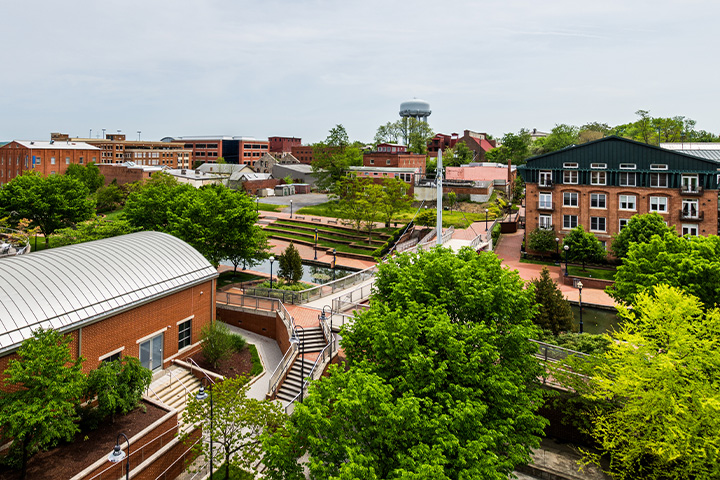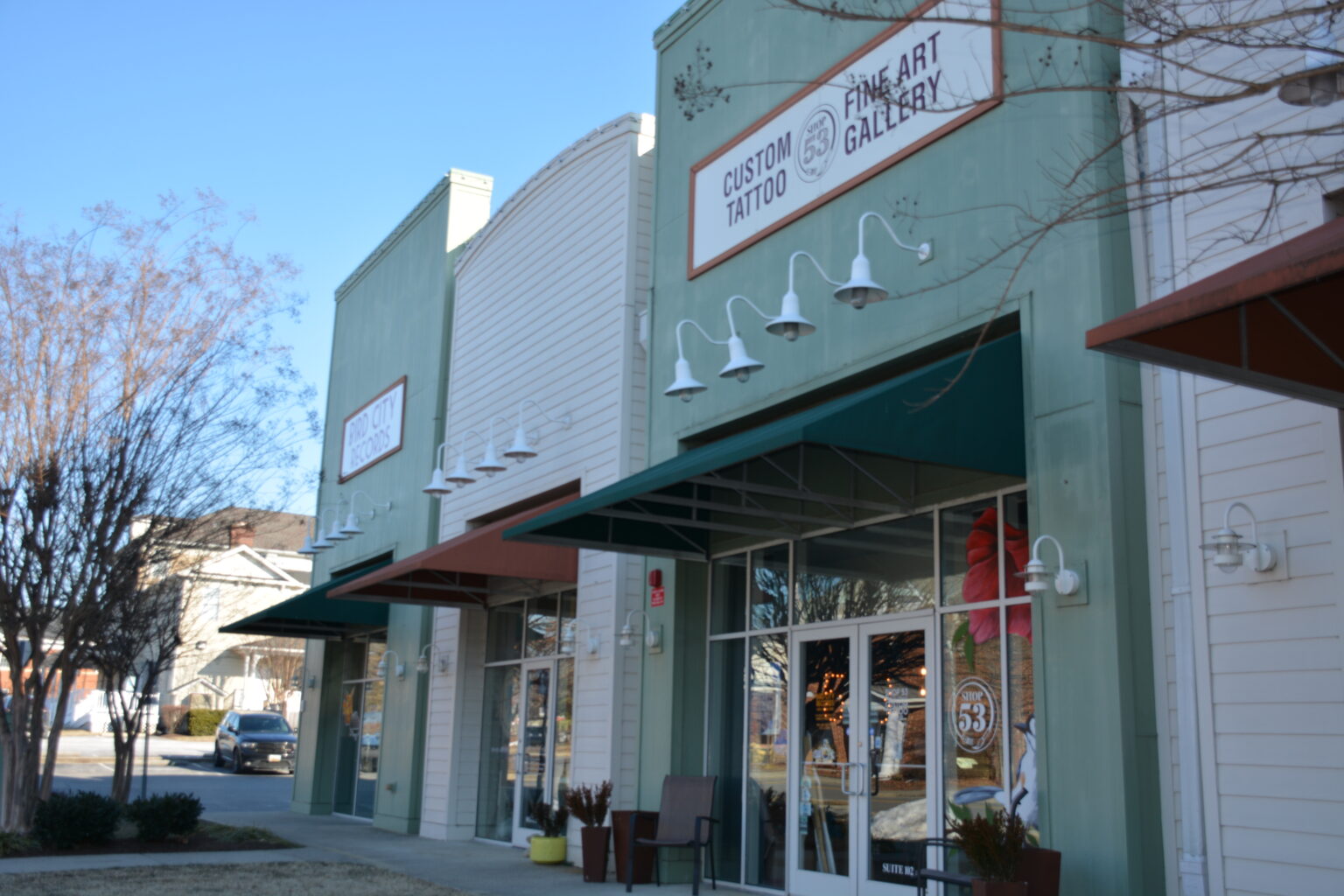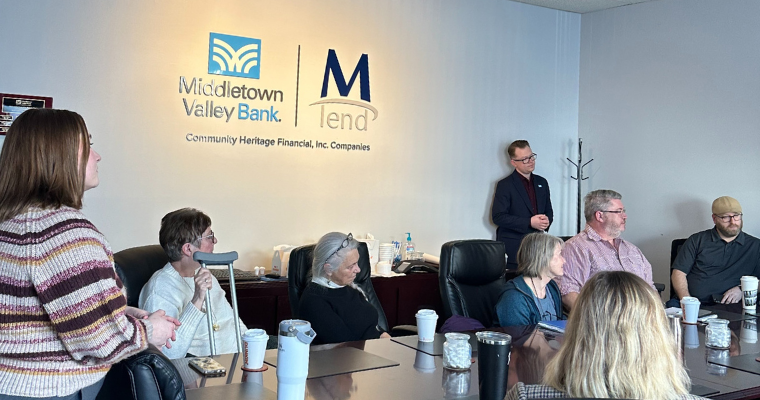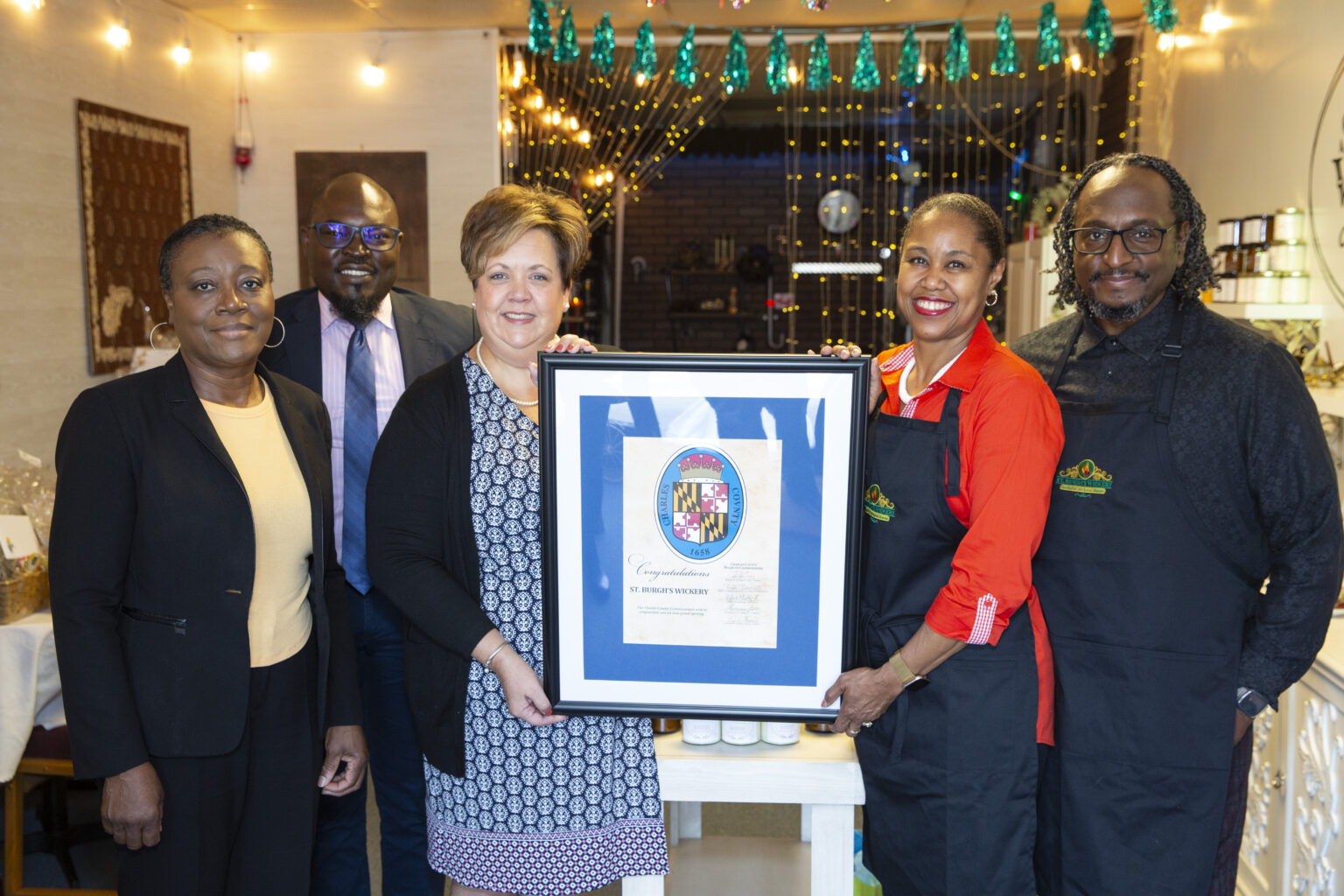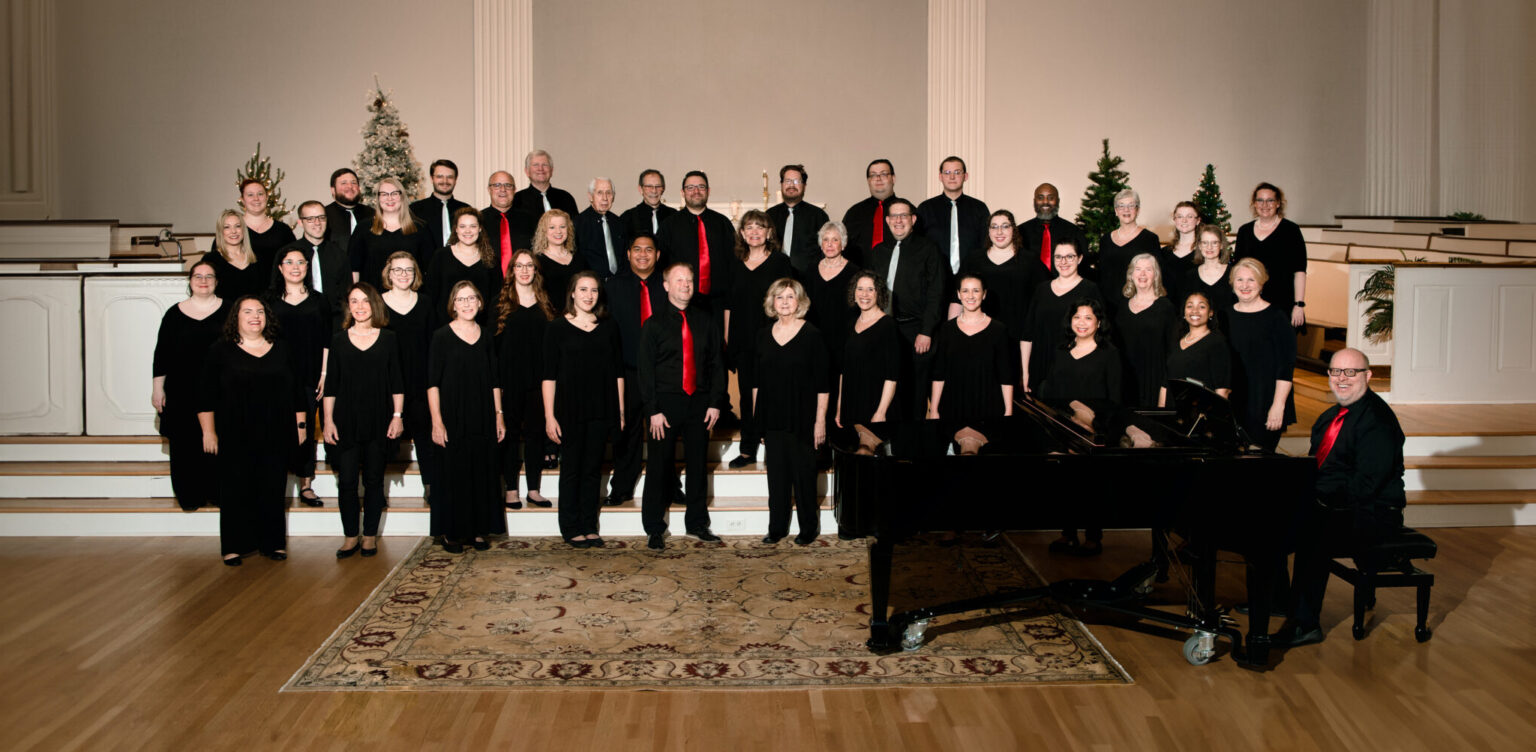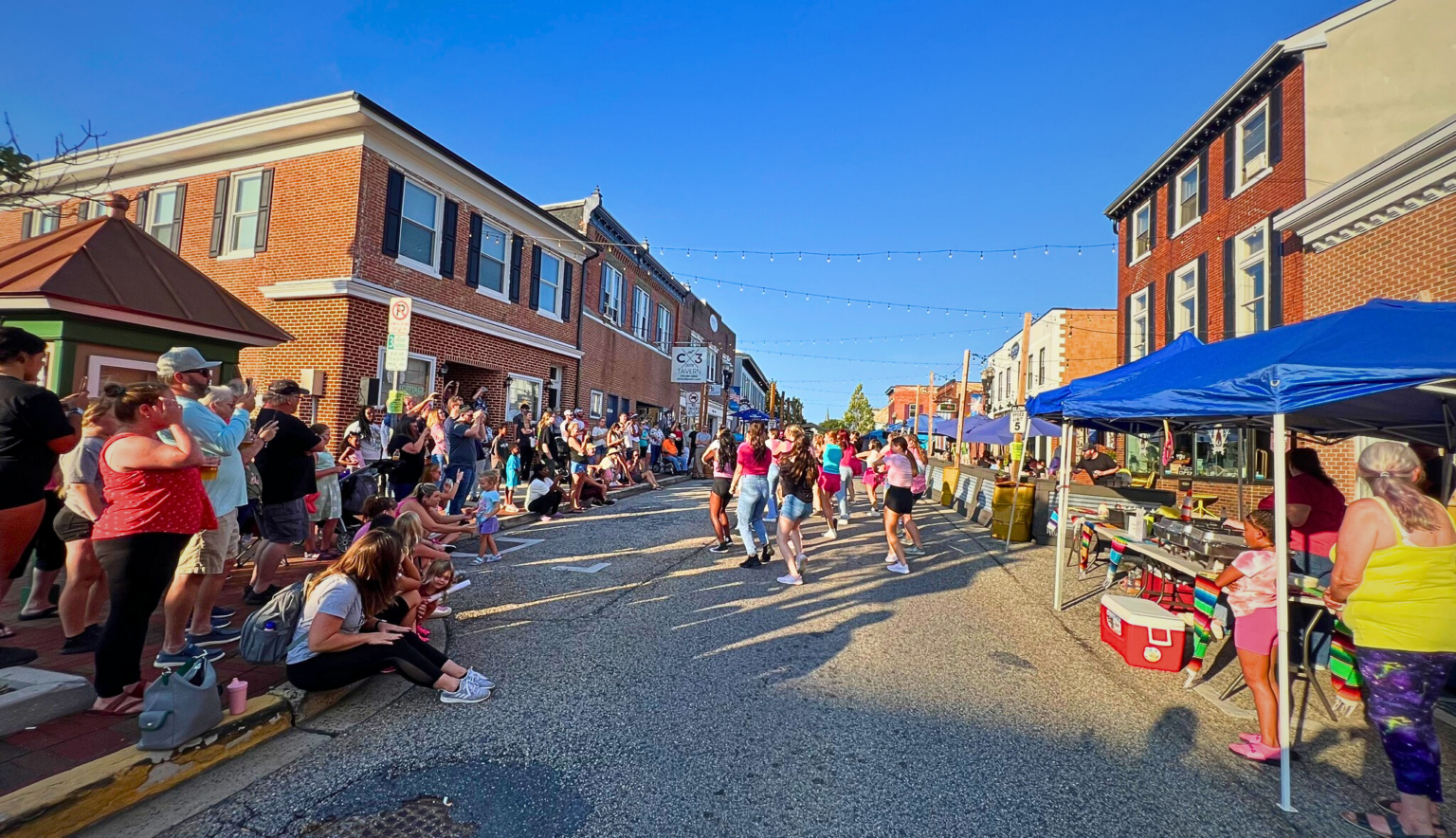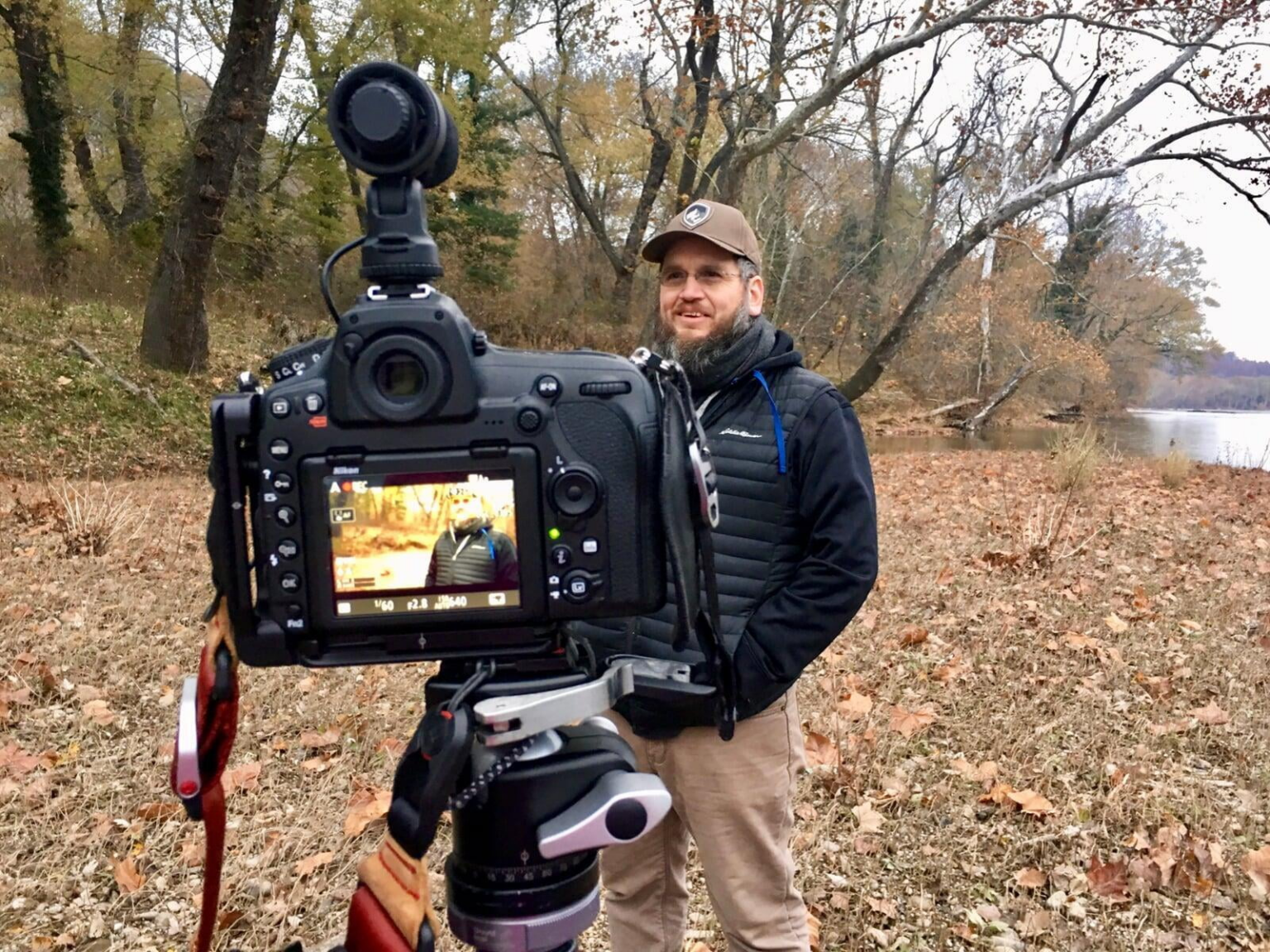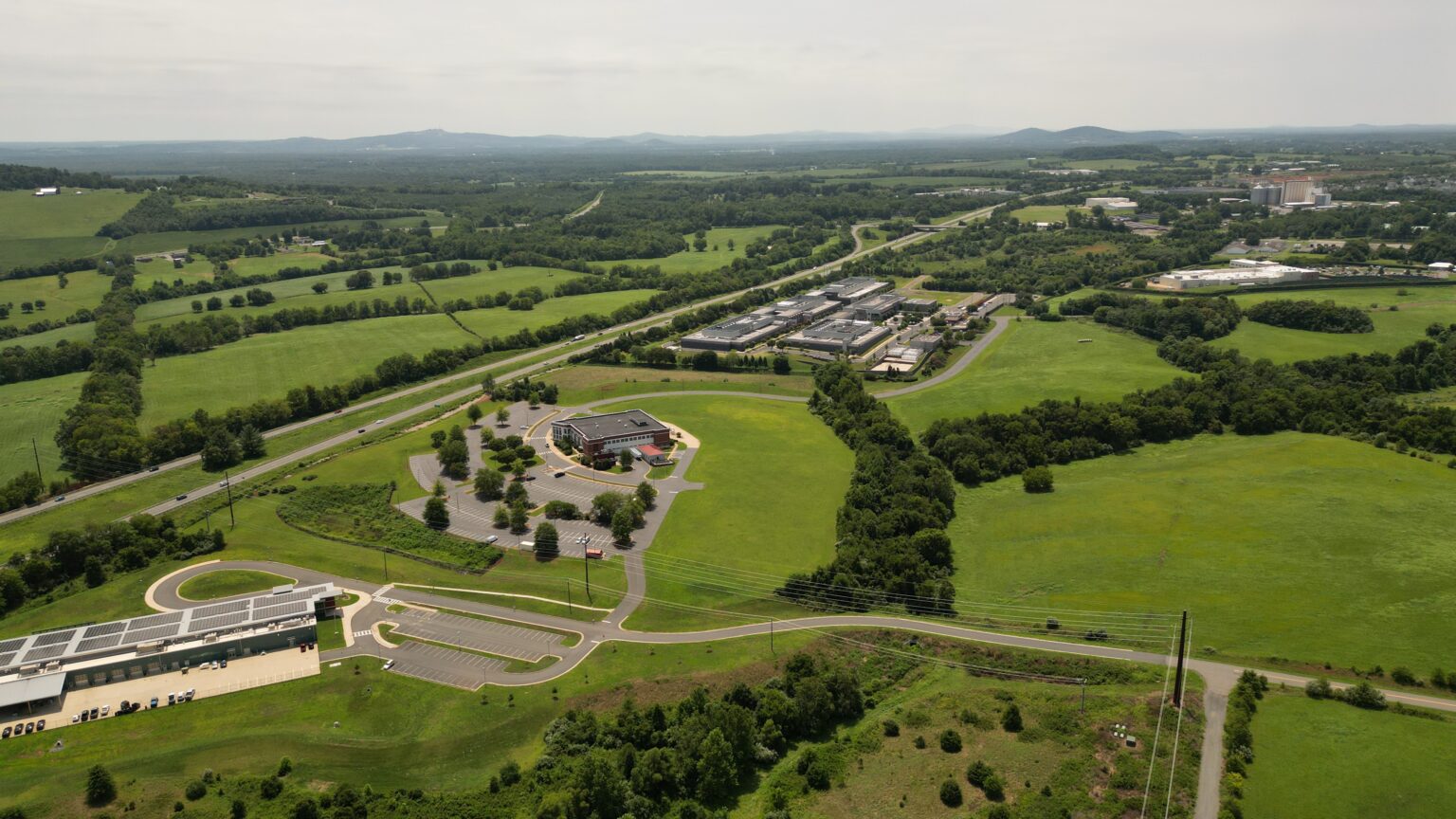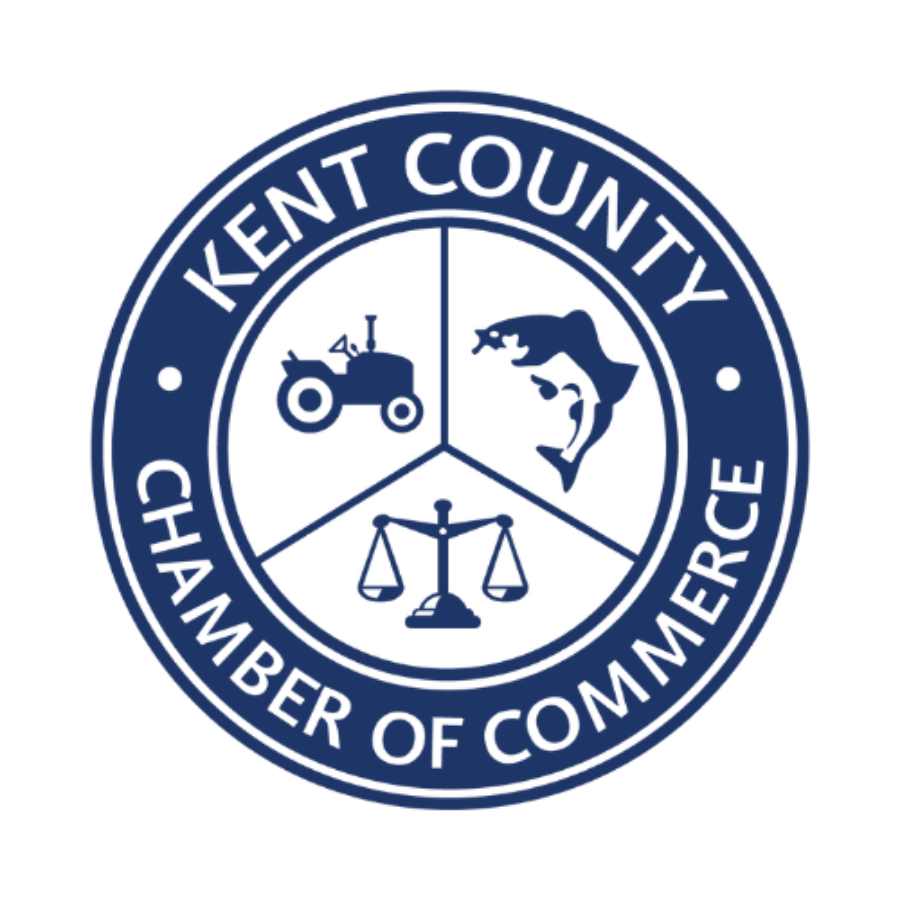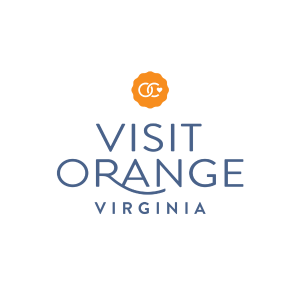Even before we take our first steps, we learn to classify the world by shapes and colors. Interestingly, those first wooden shape sorting toys—primary-colored 3D triangles, circles, and squares—teach us that life is governed by a particular structure. From that point forward, we try to fit the shapes and colors into the structure, but it really should be the other way around.
Building structures around the shapes and colors demands a deconstruction (and reconstruction) of the ways that we nurture success. Today, Frederick County, Maryland is doing exactly that. Deemed one of the coolest, healthiest, smartest, and even most vegan-friendly communities in America, Frederick County frequently topped the leaderboards in industry and livability. Triumphs in bioscience, technology, craft beverages, manufacturing, agriculture, and entrepreneurship helped many companies soar, but the Office of Economic Development (OED) wanted to help underrepresented companies rise with the same rates of success.
Committed to diversity, Frederick County OED created a framework for inclusion five years earlier, but shifts in the socio-economic landscape compelled them to evaluate their approach. Going forward, OED wanted to expand its offerings, broadening achievement opportunities for everyone. In effect, it wanted all business owners, regardless of race, ethnicity, gender, sexual orientation, ability, or religion to feel supported and empowered to succeed.
Determined to ensure that all voices were seen and heard, PPR Strategies, as a local small business, proposed a Diversity and Inclusion Pilot Program, providing underrepresented businesses with clear routes to economic advancement. Over an 18-month period, we plotted three pathways to move these important conversations forward: outreach, education, and support.
During the outreach phase, we helped OED establish open lines of communication with underrepresented business owners and employees in the county. Using online marketing methods, partnerships with civic groups, and text-based outreach, PPR Strategies initiated important dialogues and helped OED make valuable connections.
The education pathway was paved on the input received and the challenges articulated by underrepresented employers and employees within the county. In direct response to communicated needs, we developed an eight-week focus group session, which addressed real time needs and enhanced skills in a comfortable forum. Additionally, we developed an Employer Resource Guide to help workplaces assess the effectiveness and inclusivity of their diversity initiatives.
For its part, the support pathway took all perspectives into account, providing platforms for connection. Monthly blogs on the OED website featured underrepresented businesses, sharing triumphs, challenges, and tactics for like-minded businesses. And in direct response to participant demand, PPR Strategies tweaked the offerings for monthly networking events for minority, veteran, or woman-owned businesses regularly hosted by OED. Today, monthly speakers at the EmPOWER networking events are exclusively underrepresented entrepreneurs, sharing stories about their origins or community impact.
A deliberate process drives progress. The road may bend and twist unexpectedly, but it’s worth it. Data collection, partnerships, and community engagement take time, patience, and a real commitment. But in the end, restructuring programs around your stakeholders is a project worthy of your passion.
Creating a Diversity & Inclusion Pilot Program
In our “Diversity & Inclusion Pilot Program Case Study,” we break down the step-by-step framework we developed with the Frederick County OED to create and deliver their Diversity & Inclusion Pilot Program.

